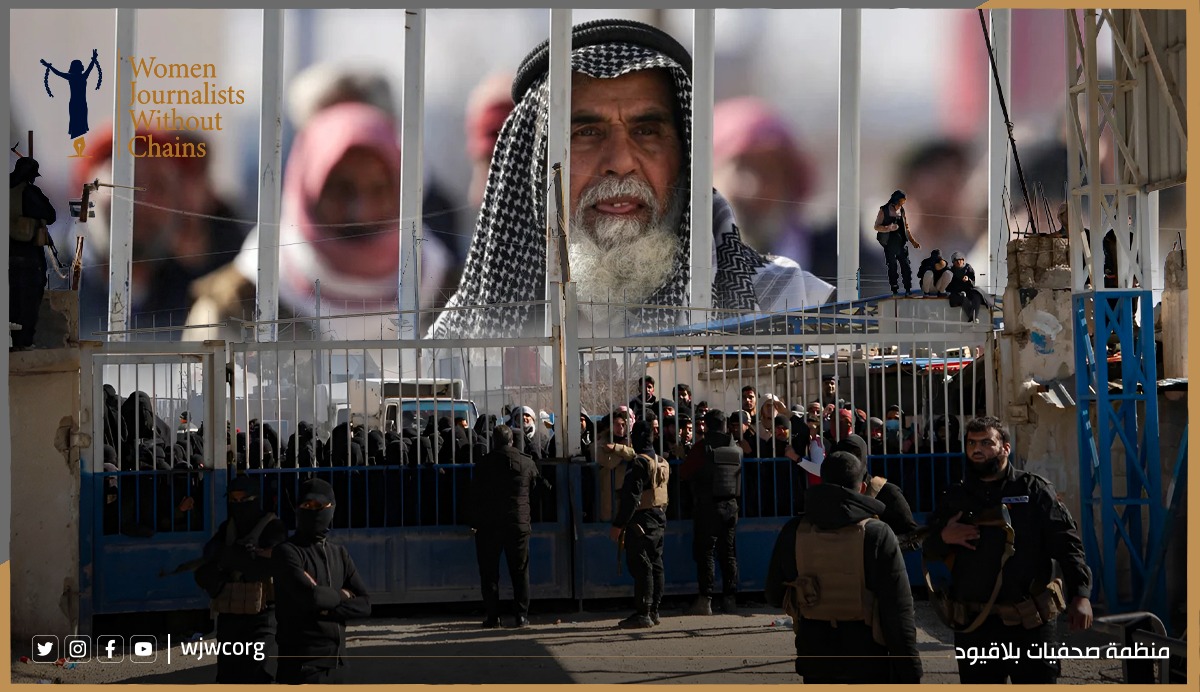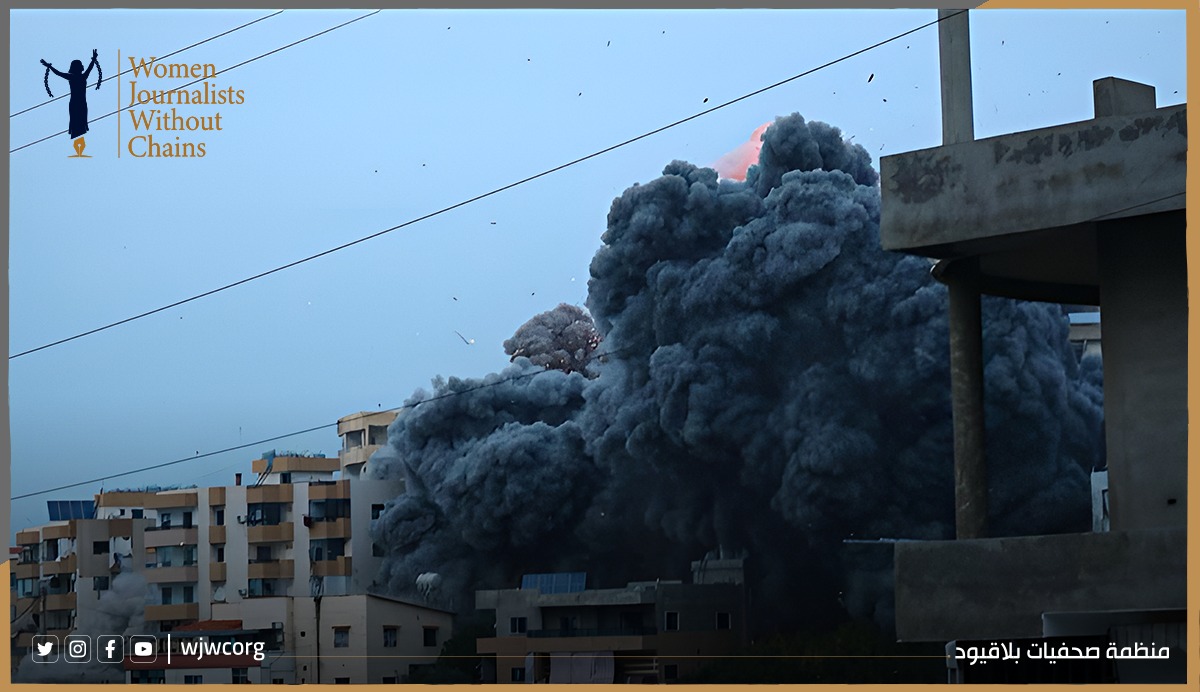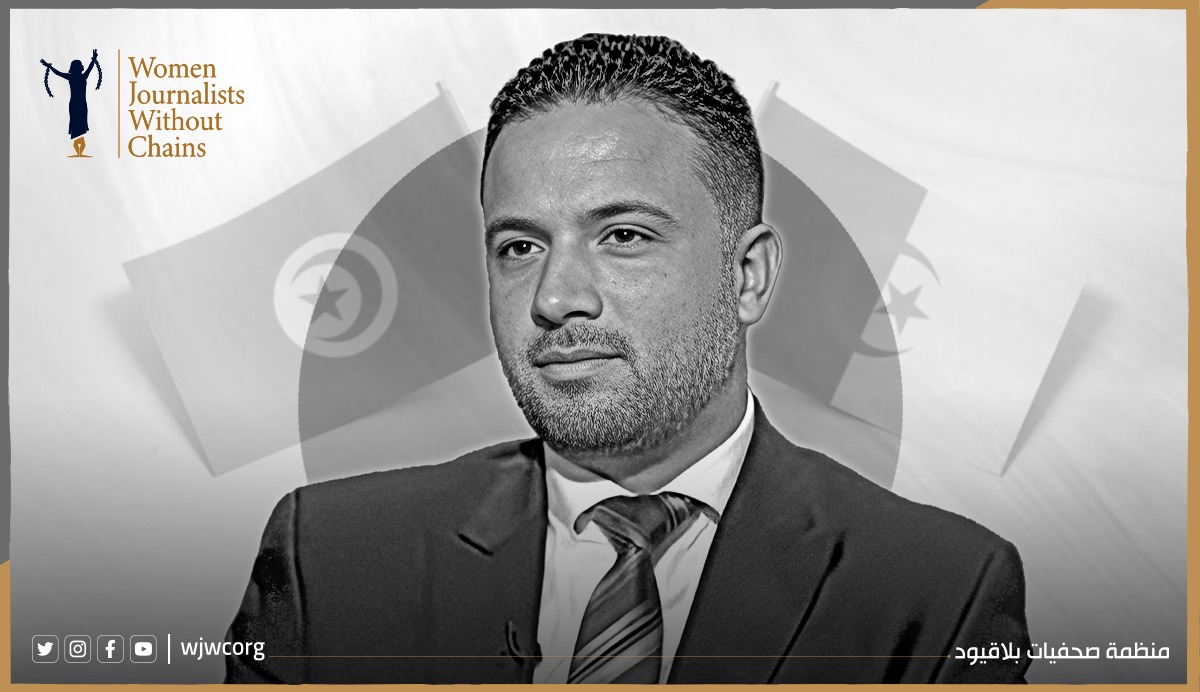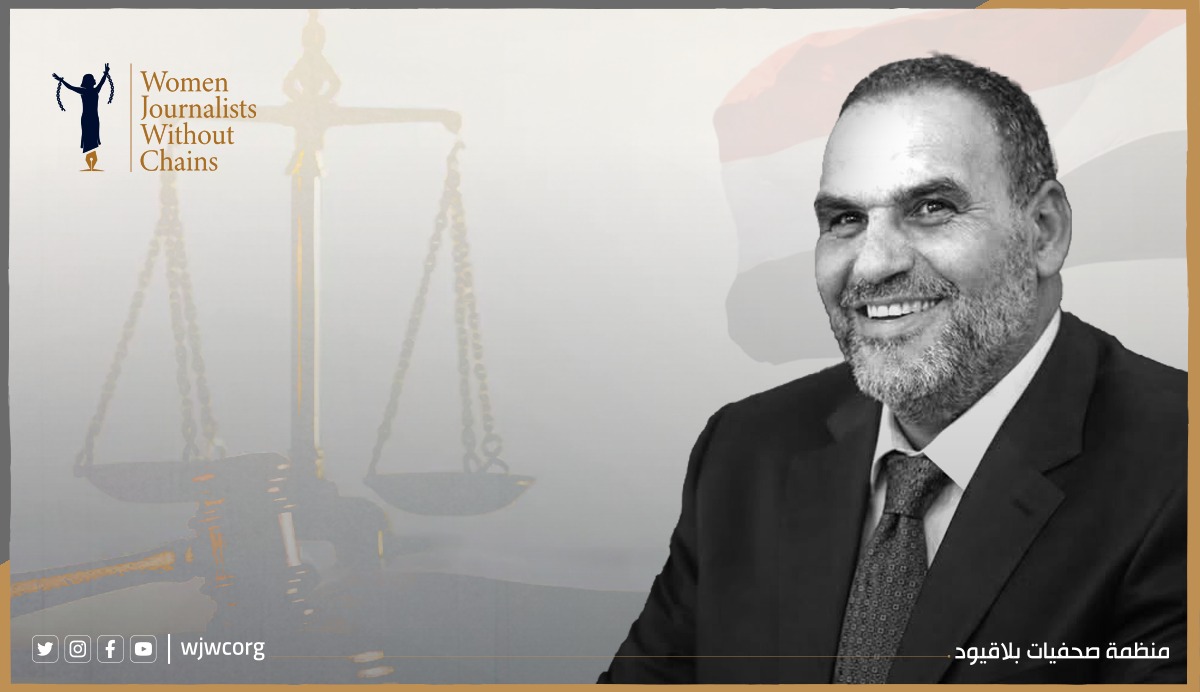Syria's Mass Graves: Crucial Evidence of al-Assad's Atrocities

The discovery of mass graves in Syria demands urgent action, warns Women Journalists Without Chains.
The organization has called for the immediate implementation of the Bournemouth Protocol to protect and investigate these sites, aiming to identify the victims and bring those responsible for these horrific crimes to justice.
The fall of the al-Assad regime has tragically revealed a horrifying reality: widespread mass graves across the country. One such grave, discovered in al-Qutayfah near Damascus, spans an estimated 5,000 square meters and is believed to contain the remains of one hundred thousand bodies. This chilling discovery, while difficult to fully verify, highlights the scale of the regime's atrocities.
Women Journalists Without Chains' head, Tawakkol Karman, has expressed deep sorrow for the families still searching for loved ones, forced to grapple with the possibility that their missing children may be among the victims. The manner in which these bodies were buried collectively demonstrates a blatant disregard for human dignity and constitutes a clear violation of international law, Karman stated.
Karman stated that the transitional government in Syria needs to collaborate with the United Nations and relevant institutions to gather and document evidence, ensuring that al-Assad and those responsible for human rights violations are held accountable in both local and international courts, ultimately achieving justice for the Syrian people.
Layers of Death: Homs' Horrors Uncovered
The Syrian conflict continues to unleash its horrors, with the recent discovery of a mass grave in Homs adding to the mounting evidence of the regime's brutal crimes. This chilling discovery, containing the remains of at least 1,200 individuals, underscores the systematic nature of the al-Assad regime's violence and the urgent need for international action to bring those responsible to justice.
Eyewitness accounts paint a horrifying picture of the regime's cruelty. The bodies, bearing identifying symbols, were reportedly transported from the military hospital by regime forces. The mass grave itself is a chilling testament to the scale of the regime's atrocities, with six separate trenches each containing an estimated 200 bodies, separated by concrete walls.
These revelations are not isolated incidents. Reports from across Syria tell similar stories of mass graves and clandestine burials, suggesting a systematic effort to conceal the regime's crimes. Testimony from residents in areas like al-Hussainiya speaks of trucks arriving weekly, laden with the dead, and of mass graves filled in layers, with victims buried atop one another.
Under the al-Assad regime, over 100,000 individuals have been forcibly disappeared, with efforts to conceal evidence through the liquidation of detainees and numerous mass graves. The International Commission on Missing Persons has identified 66 potential mass grave sites and received over 157,000 reports of missing persons. It is widely believed that the regime was actively working to hide these atrocities.
Evidence Under Threat
Following the departure of Bashar al-Assad to Russia on December 8th, 2024, numerous individuals embarked on a desperate search for family members who had disappeared while imprisoned by the regime. However, a significant majority of these searches yielded no results
Women Journalists Without Chains expressed deep concern over the potential for evidence tampering. Uncoordinated civilian access to mass graves could inadvertently damage vital forensic evidence. Moreover, the organization warns of the possibility of deliberate tampering by those responsible for the atrocities – the movement of remains, the destruction of bodies, and the use of technology to obscure grave sites with radar jamming devices.
The discovery of these mass graves, and previous media investigations such as the New York Times report, may have already prompted the regime to attempt to erase its crimes. This underscores the urgent need for immediate, coordinated action by international investigators and forensic experts to secure these sites and ensure that justice is served for the countless victims of the al-Assad regime.
Intelligence Documents
In recent days, the al-Assad regime's military and security facilities have been left wide open to the public. Dozens of videos have surfaced on social media showing civilians rummaging through documents and messing with crucial intelligence papers.
The WJWC appreciates the efforts of relatives of the missing in seeking information about their loved ones. However, it urges the transitional government to safeguard this evidence to prevent its loss or destruction. This search should be coordinated between transitional government institutions and the families of the missing.
WJWC believes that preserving the security and intelligence documents from the al-Assad regime could uncover critical information and identify those responsible for serious crimes against thousands of Syrians.
Call for Accountability
Legal experts assert that mass graves in Syria may serve as crucial evidence of crimes against humanity, stemming from a series of violations against victims. This chain of abuse begins with enforced disappearance, followed by extrajudicial torture, denial of communication with the outside world, withholding information from relatives, and culminates in execution.
Article 8 of the Rome Statute addresses the violation of the dignity of the deceased, prohibiting improper burials that disregard their beliefs and denying families the right to mourn. It states that failing to uphold procedures that honor the deceased's dignity constitutes a war crime.
The Bournemouth Protocol outlines the necessary mechanisms for protecting mass graves resulting from serious human rights violations, both locally and internationally. This protocol is a key reference for safeguarding graves and investigating them to uncover the truth and achieve justice.
WJWC emphasizes that Syrians have endured decades of injustice and horrific human rights violations during the al-Assad family's authoritarian rule. This new phase brings hope for justice, and it is imperative that the transitional authority, humanitarian organizations, and the international community collaborate to achieve it for the tens of thousands still waiting for information about their missing loved ones.
Women Journalists Without Chains outlines its key demands as follows:
- The transitional authority must protect mass graves from any intentional or unintentional damage, acknowledging their importance as critical evidence of horrific crimes against humanity. Additionally, the international community should support Syrians by conducting immediate investigations to clarify the fates of thousands of missing individuals.
- It is crucial to safeguard the archival records and military, security, and intelligence documents from the deposed Bashar al-Assad regime, as these may contain valuable information regarding the identities of those responsible for the violations.
- Mass graves should be thoroughly examined, with their locations studied geologically. Forensic experts and criminal investigators need to analyze the remains to identify the serious violations suffered during torture and to address the indignities inflicted upon the deceased.
- Efforts should be made to collaborate with the relatives of the missing by collecting DNA samples for comparison with those of the victims.
- Families of the missing individuals should receive consistent and timely updates on the progress of the search efforts.

 En
En  Ar
Ar 